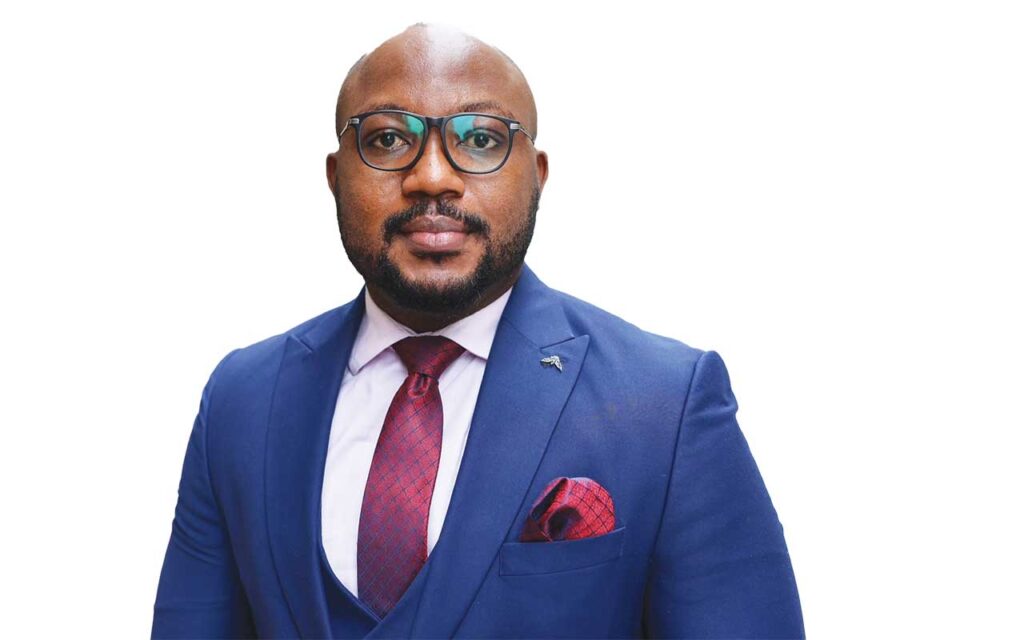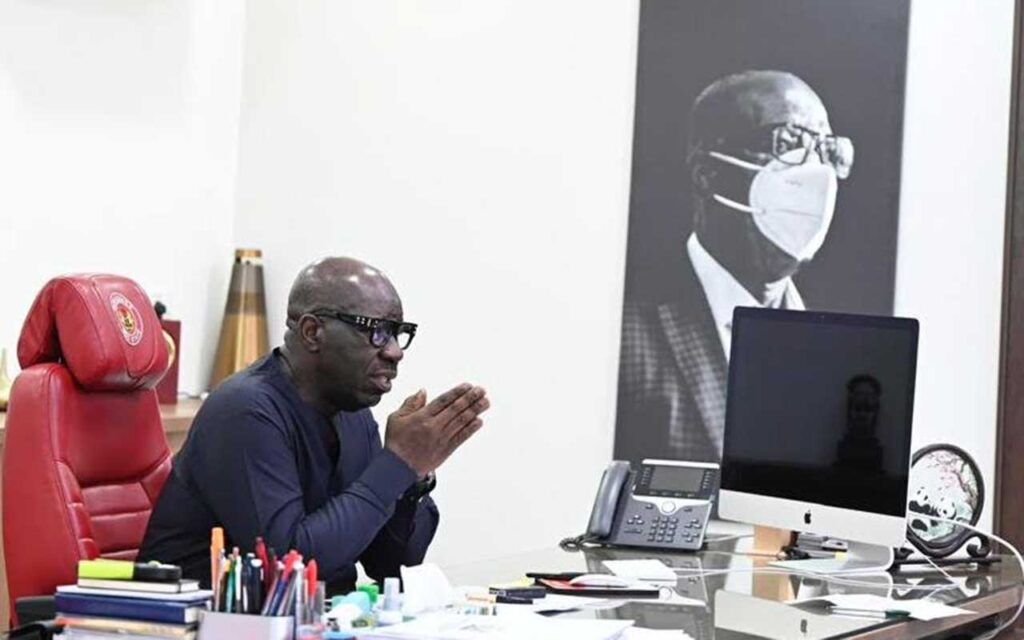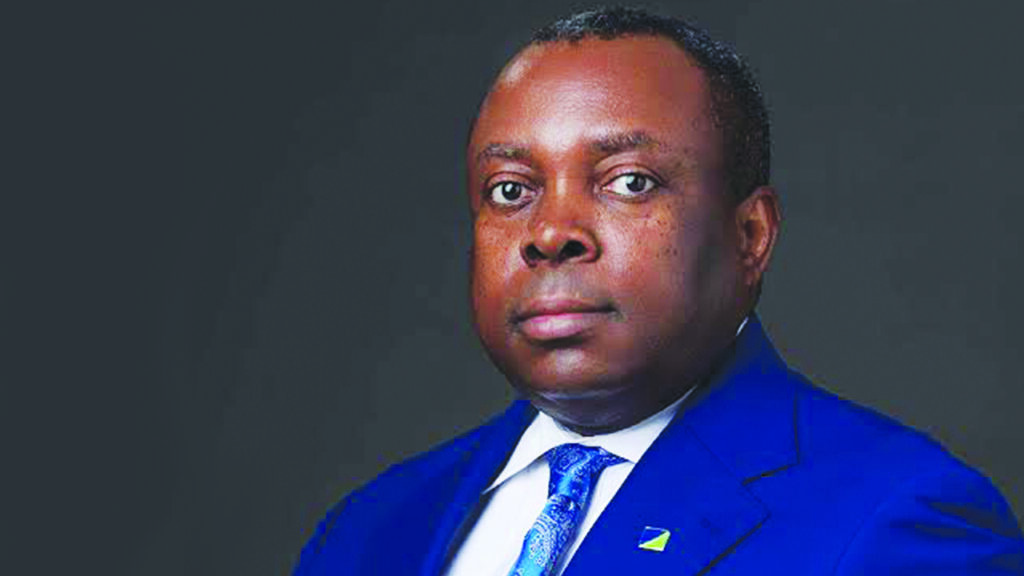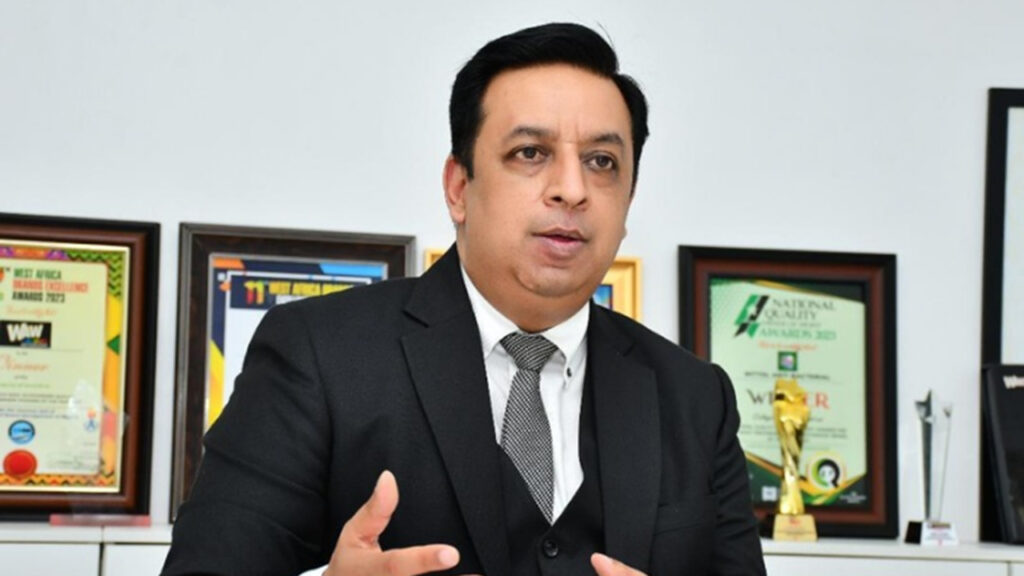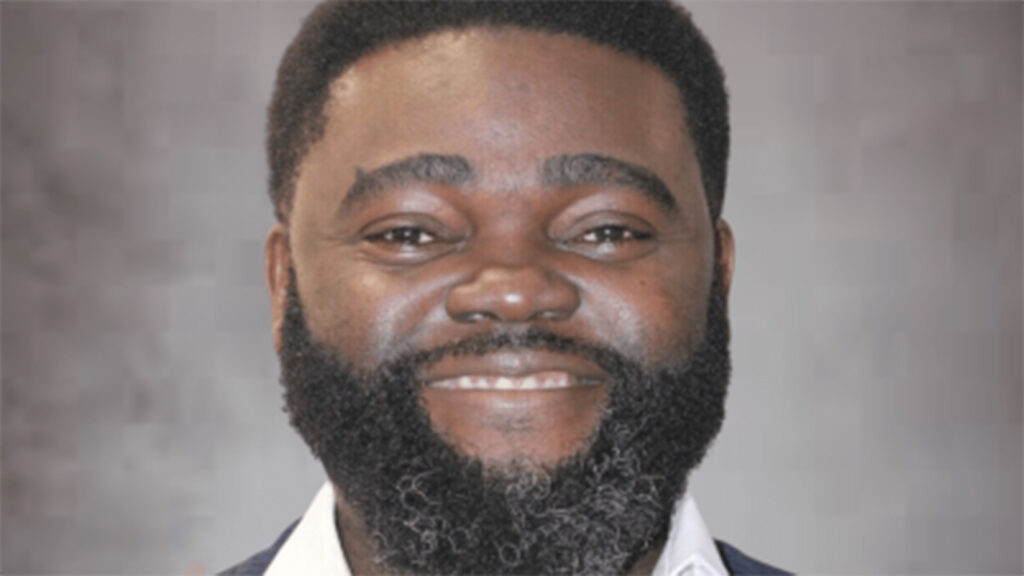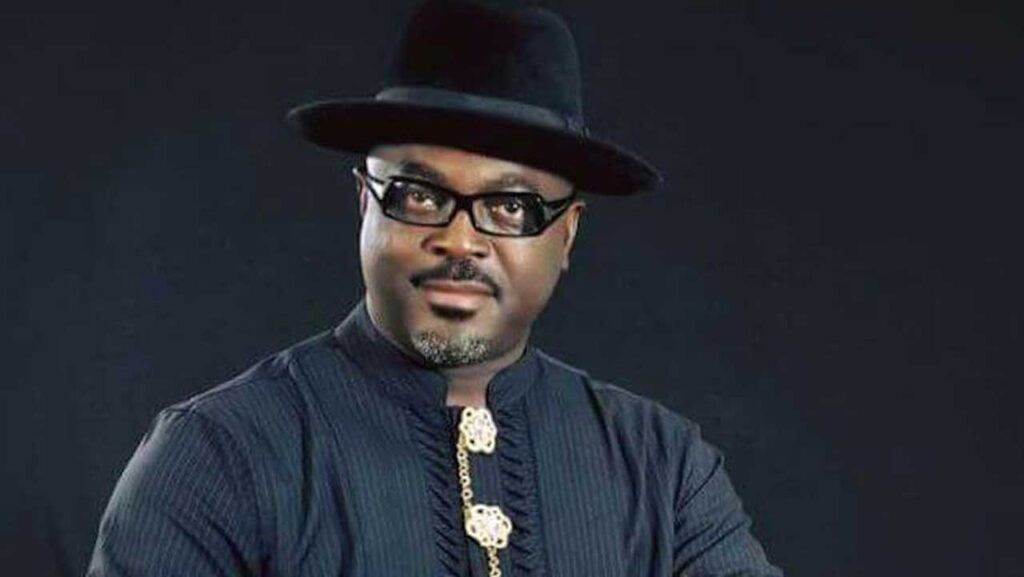
Among the medical practitioners who leave Nigeria in droves in search of greener pastures yearly is a Nigerian-born, but US-based Plastic and Reconstructive Surgeon, Dr. Uzoma Gbulie, who is the CEO of Posh Plastic and Reconstructive Surgery. Like the golden fish that has no hiding place, he has set the global medical community ablaze with his recent feat in reconstructive surgery. He shares his medical exploits and experience with The Guardian Bureau Chief, U.S. and North America, OLUWASEUN AKINGBOYE, after the third successful operation of conjoined twins in Texas, advising Nigerian government on how to revolutionise the health sector and end brain drain.
What is your name and where are you from?
My name is Dr. Uzoma Ben Gbulie. I was born on January 2, 1977; and I am the last child of a former soldier and author, late Colonel Ben Gbulie, and Mrs Ifeoma Gbulie, a retired educator. I hail from Nimo in Anambra State, Nigeria.
Tell us about your educational background and training?
I attended Ekulu Primary School and Federal Government College, both in Enugu, Nigeria. I then underwent medical training at the College of Medicine, University of Lagos from January 1995 and graduated with an MBBS Degree in December 2000. I had my house job training at Lagos University Teaching Hospital from 2001 to 2002. I then proceeded for residency training in General Surgery at
Howard University Hospital in Washington DC.
I worked as a General and Trauma Surgeon at Howard University Hospital and Providence Hospital, both in Washington DC, from 2007 to 2009. I underwent Plastic Surgery Fellowship training at St Louis University Hospital from 2009 to 2011, then a Paediatric and Craniofacial Plastic Surgery Fellowship at University of Tennessee and Necker-Enfants Malades Hospital in Paris, France from 2011 to 2012. I became board-certified by the American Board of Surgery in 2008, and the American Board of Plastic Surgery in 2013.
I am an active member of the American Society of Plastic Surgeons and currently a self-employed Plastic and Reconstructive Surgeon. I own Posh Plastic and Reconstructive Surgery, which offers the full breath of aesthetic and reconstructive plastic surgery services, and is located in Mansfield, Texas.
Why did you choose medicine as a discipline?
I fell in love with medicine at an early age because I had great role models who were doctors: a cousin who was at one time the President of the Nigerian Medical Association (NMA), and an uncle who was at one time the Minister of Health in Nigeria. In medical school, I realised early that I enjoyed working with my hands, and that has guided my career goals and led me to become not only a surgeon, but a plastic and reconstructive Surgeon.
What is your area of specialisation as plastic surgeon?
I’m a board-certified plastic and reconstructive surgeon with a fellowship on Paediatric and Craniofacial Plastic Surgery. I perform adult aesthetic and reconstructive surgery, as well as paediatric reconstructive plastic surgery. I am well versed in aesthetic and reconstructive plastic surgery procedures of the face, neck, breasts, abdomen and extremities.
Tell us your experience with conjoined twins?
I have had the privilege to participate in or lead the reconstruction in a total of three conjoined twin separations. My first experience with the separation of conjoined twins was as a Paediatric and Craniofacial Plastic Surgery Fellow at the University of Tennessee, Memphis in 2011. I was an integral part of the Plastic Surgery team that performed the reconstruction following separation of a set of twin boys who were joined at the buttocks. I designed the skin flaps utilised for reconstruction, and the separation and reconstruction were a success.
As an attending Plastic Surgeon at University of Tennessee, Memphis in 2016, I arranged the transportation of a set of conjoined twin girls from Nigeria to Memphis, Tennessee for separation. The twins were joined at the hips. I was the lead plastic surgeon for the separation and designed the skin incisions utilised for separation and closure. The separation and reconstruction were also a success.
How did the recent operation happen?
This year in Fort Worth Texas, as a member of the Plastic Surgery Faculty at Cook Children’s Medical Centre, I was the lead Plastic Surgeon for the separation of the set of twin girls who were conjoined at the lower chest and abdomen and shared a liver. Their mother was referred to me while pregnant after she and her husband had been informed that the ultrasound showed conjoined twins.
I was instrumental to the family choosing to stay in the Fort Worth Area to have the twins delivered and eventually separated. I evaluated them after birth and coordinated with the neonatologists and paediatric surgeons to plan a successful separation. I designed the skin flaps used for the separation and performed the post-separation closure. The separation and reconstruction were a success.
What roles did modern facilities and proper management play to aid such rare operations?
The importance of medical infrastructure, human and non-human, cannot be overstated. A multidisciplinary team including at least two practitioners from each specialty is critical to successfully execute such a complex case. This allows the preparation, execution and recovery from such a huge operation to be undertaken with success. In each conjoined twin separation that I have been involved in, the common trend and indeed key to success, has been the multidisciplinary team approach, as well as the availability of state-of-the-art equipment and highly trained staff.
If you were working in Nigeria, do you think such rare feat would have been achieved?
Unfortunately, no! Nigeria has brilliant medical practitioners, but lacks the non-human infrastructure, which would be required to safely execute such a complex procedure.
Nigeria is spending so much on medical tourism, how can the nation address such malaise?
Nigeria truly needs to prioritise healthcare as a whole. Young and upcoming medical students should be encouraged to train in Nigeria by improving the training facilities to improve the quality of training they receive. There is also a huge need to increase the earning potential of doctors and nurses in Nigeria, which would encourage these young practitioners to stay home and practise. This, along with infrastructural investments, will improve the level of healthcare delivery in the nation, and therefore convince patients to seek their care at home rather than abroad.
Nigerian government can do a much better job at improving healthcare delivery in the country. The government needs to overhaul the state-owned medical facilities and improve the overall standards for healthcare provision in Nigeria. Alas, the basic problems Nigeria still faces, such as unreliable power and water supply, limit the inherent capabilities of healthcare delivery. Therefore, any improvement in healthcare delivery in Nigeria can only be realised with across-the-board improvements in our social, economic and energy infrastructures as a nation. And this is long overdue.
Nigeria is most definitely not utilising her potentials in the field of medicine. In fact, Nigeria’s potentials are being significantly underutilised and this is no more evident than with our continued brain-drain with the exodus of healthcare professionals such as myself for green pastures abroad. There is just no incentive for anyone who has the opportunity to leave Nigeria for a medical career to stay home, because those same opportunities are not available in Nigeria. That is a stark truth that we can only change if we first accept it, then work towards correcting it.
Did you relocate to America for career advancement or the greener pasture?
I made the decision early in my career to leave Nigeria because I knew I could only achieve my full potential as a surgeon abroad and not in Nigeria. I have proved that, but I always believe I would have been glad to stay home if the opportunities to build a successful medical career had been there. The lack of stable and up to date medical facilities in Nigeria makes it impossible for me to deliver the same quality care to patients in Nigeria, as I am able to do in America.
How do you unwind?
I’m a huge Manchester United fan and I love to watch soccer in my free time. I also enjoy playing video games on my XBox console and I absolutely love listening and dancing to Afrobeat music, which is probably the best thing out of Nigeria right now.
Do you miss Nigeria?
I do miss Nigeria a lot, as it will always be my home. But Nigeria today has many security concerns and poor infrastructure, which makes it very difficult for one to visit. I would love to go home more but it’s even more difficult with a busy career like mine.
Do you think the current wave of migration is a curse or blessing to Nigeria?
The “Japa” syndrome has been plaguing Nigeria for many years. It is typically a blessing to the individuals leaving the country, as they do get the opportunity to develop themselves and their careers, as I have. It is, however, a big curse to Nigeria. No country can develop its full potential if its best and brightest citizens emigrate. Changing this trend needs to be a priority for the Nigerian government.
The goal should be to make Nigeria a ‘heaven’ that people want to live in, rather than a hell they want to flee. Such a goal can only be achieved by massive infrastructural investments to encourage development, and an overhaul of the Nigerian system to eradicate corruption, tribalism and nepotism, and rather encourage and promote excellence on all fronts. That is what I can only hope and pray for Nigeria in the near future.


